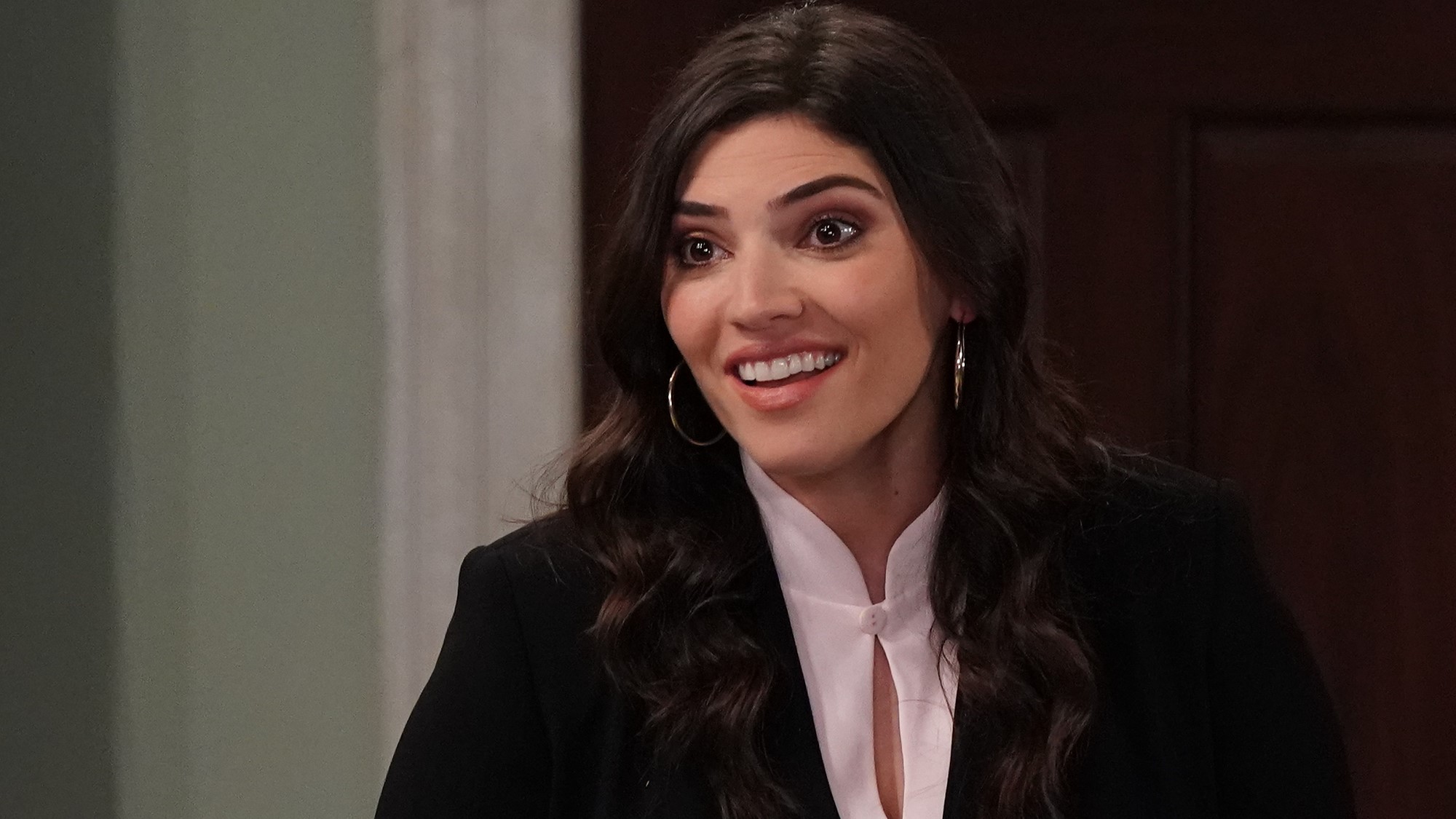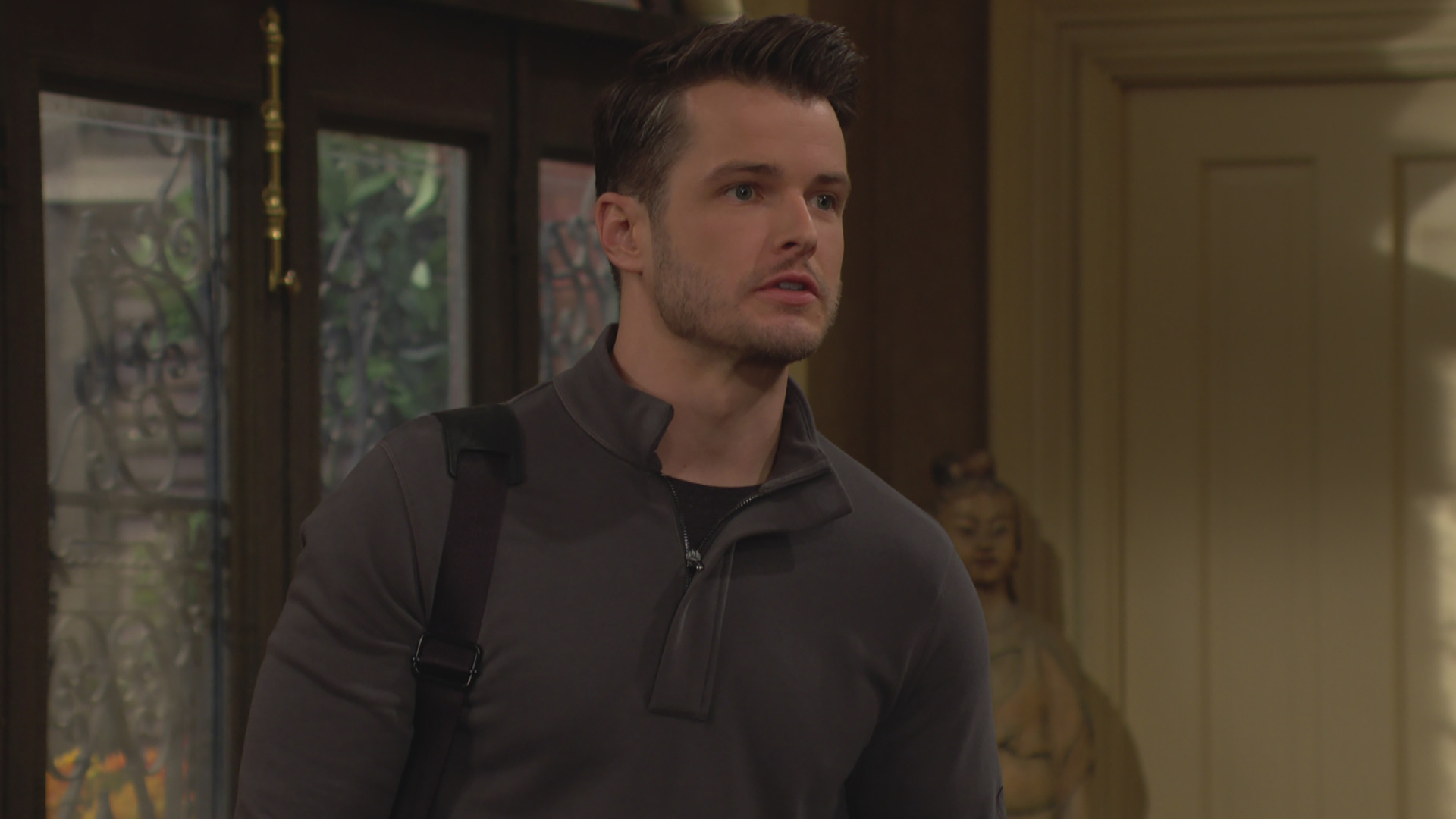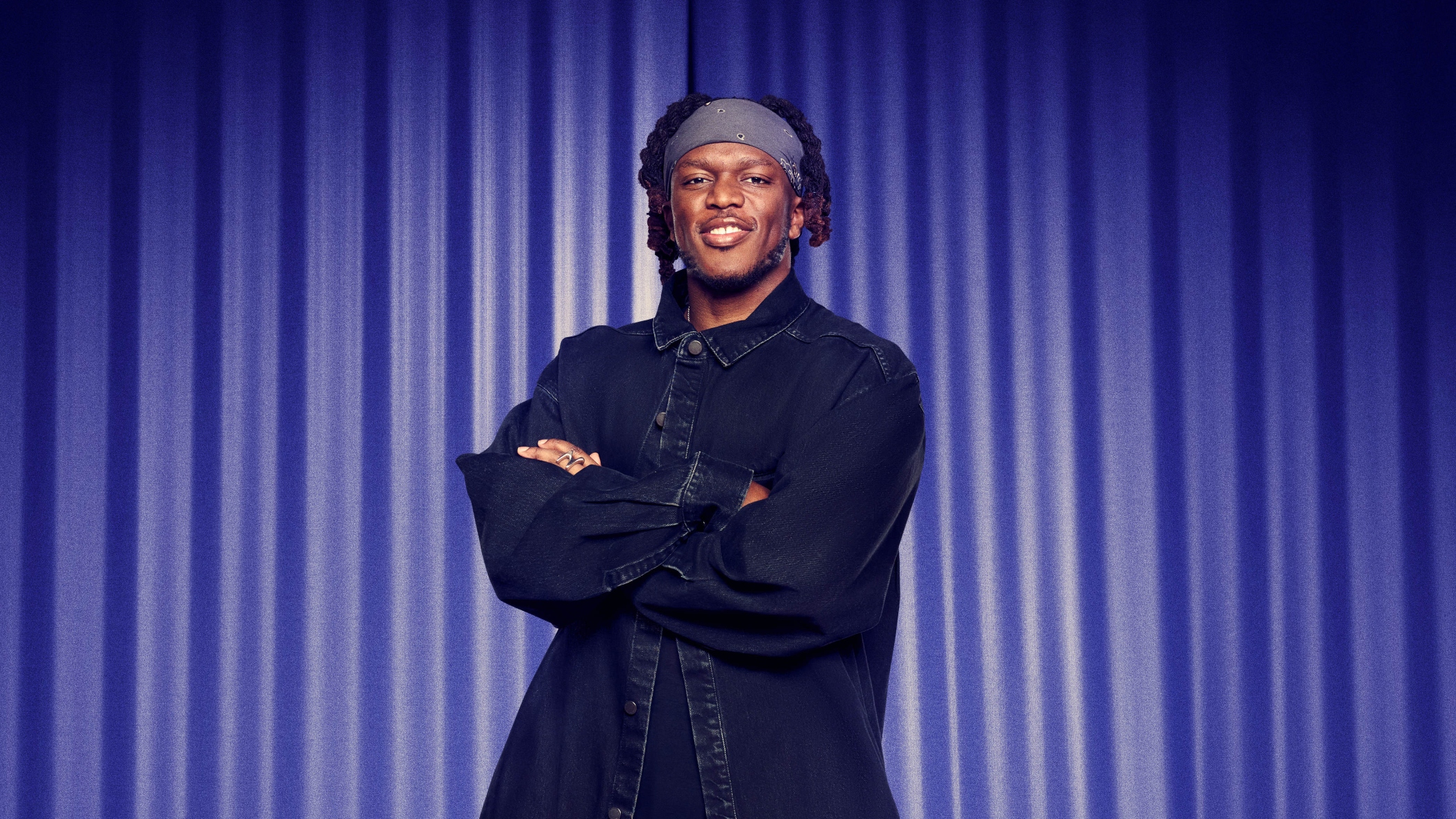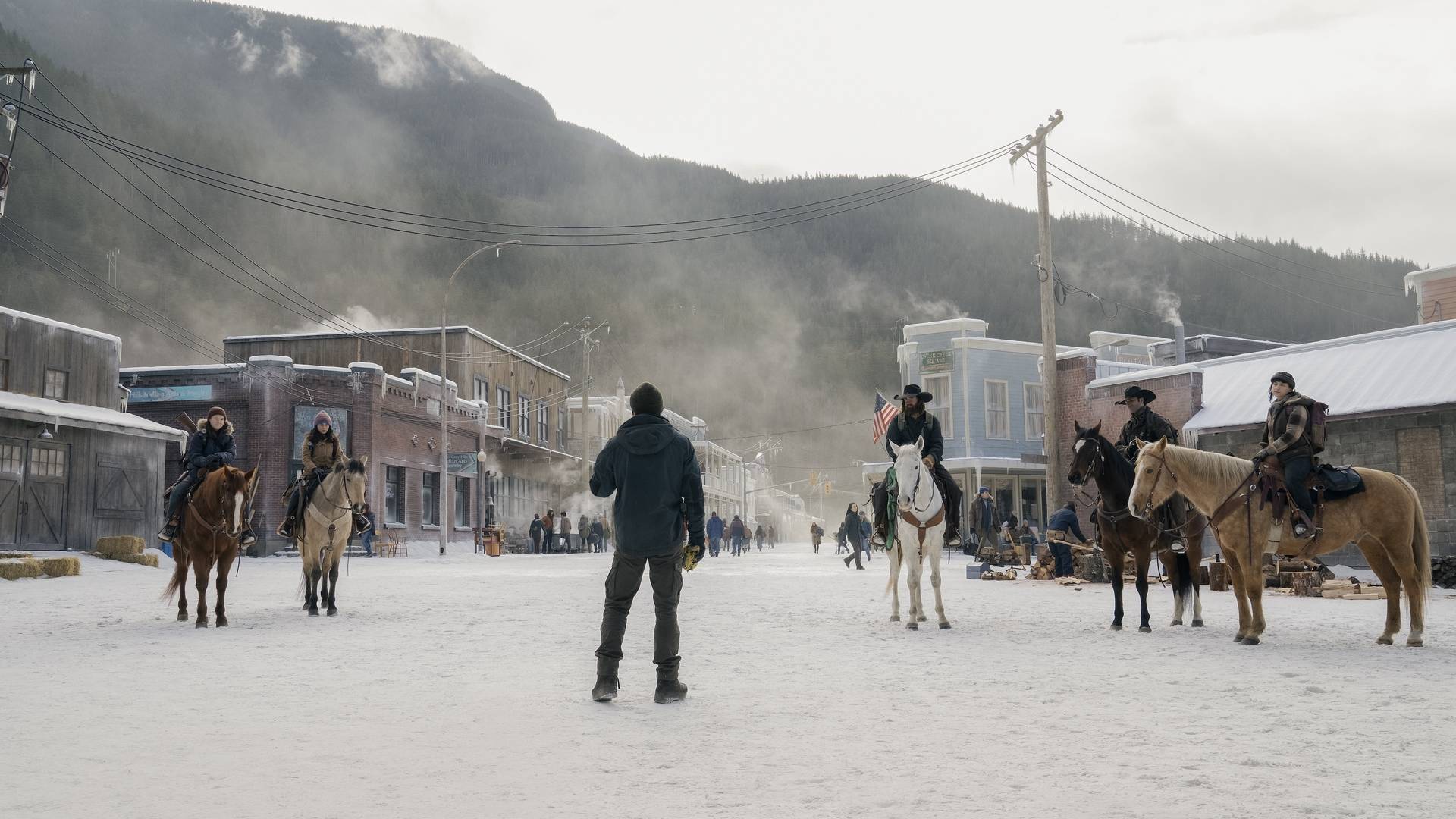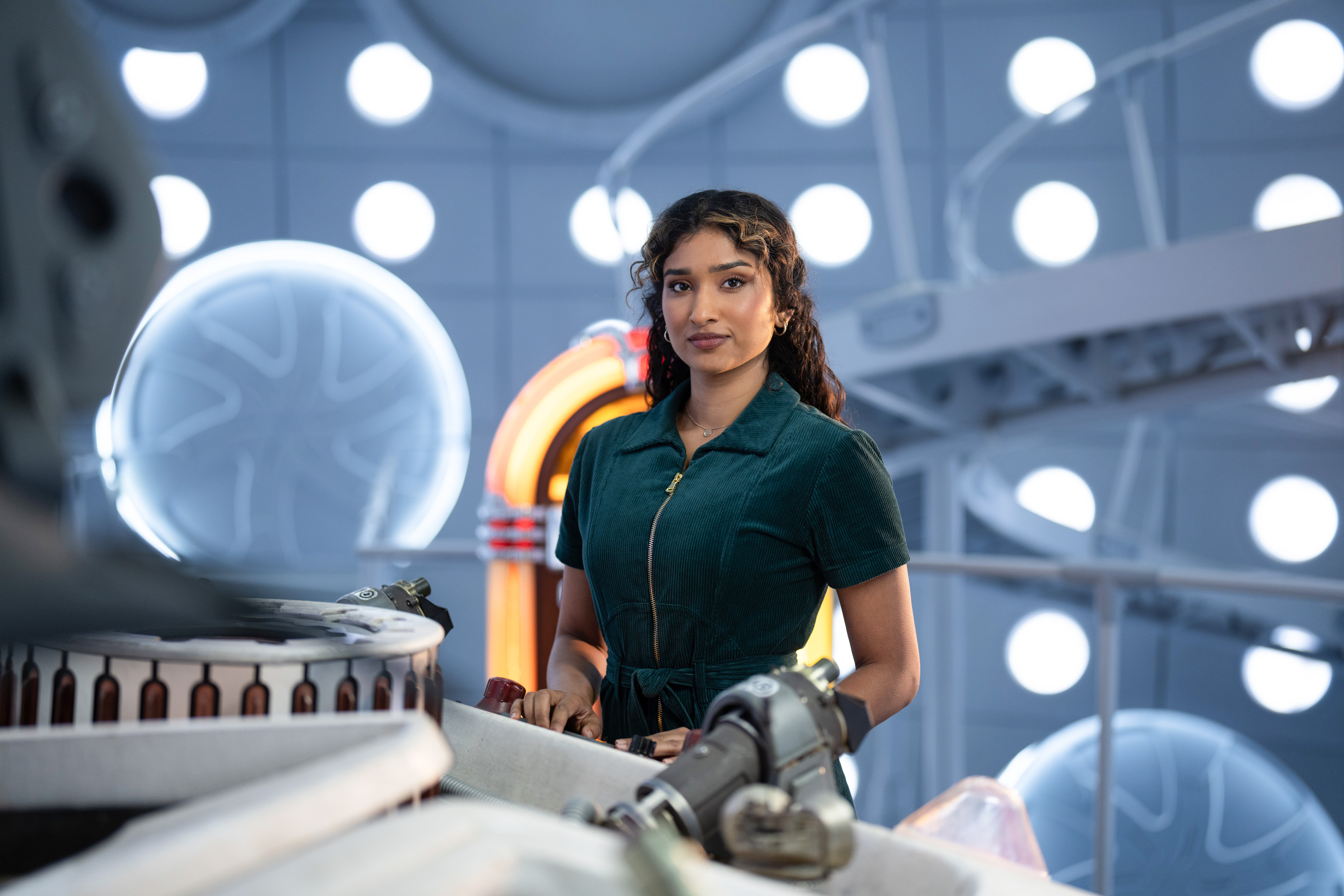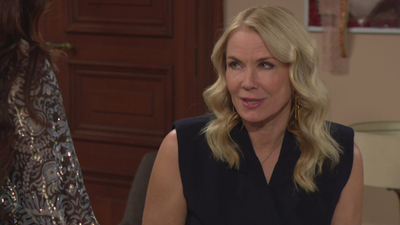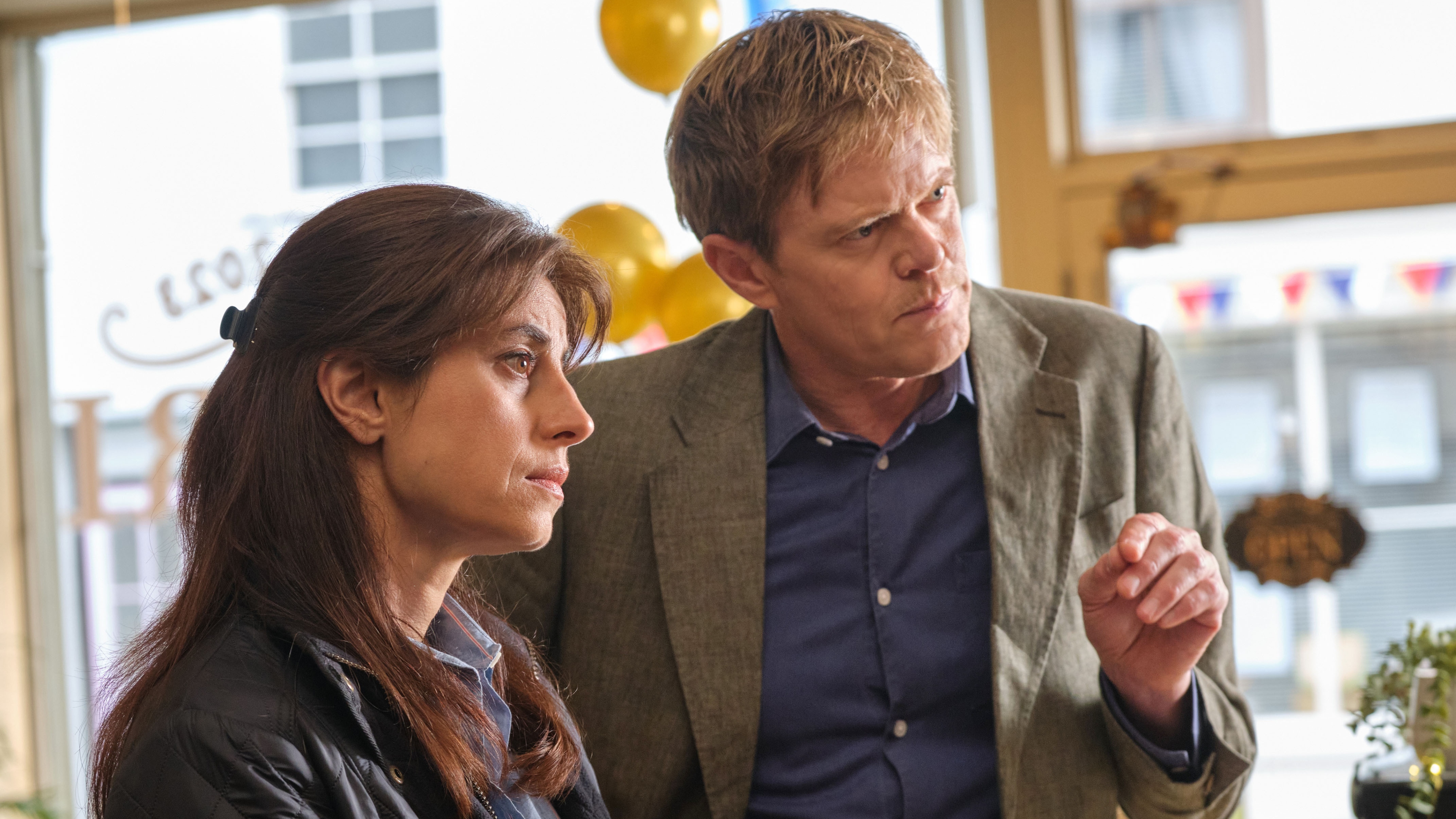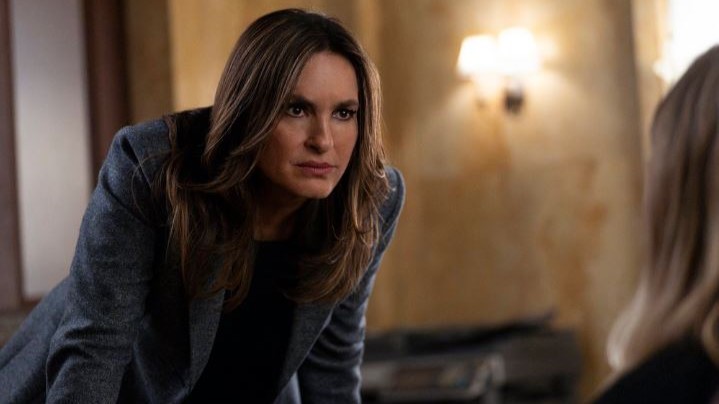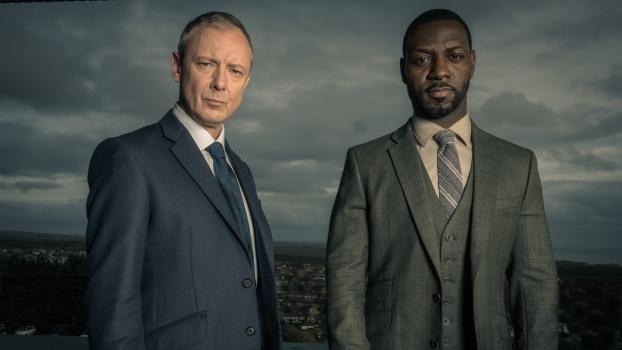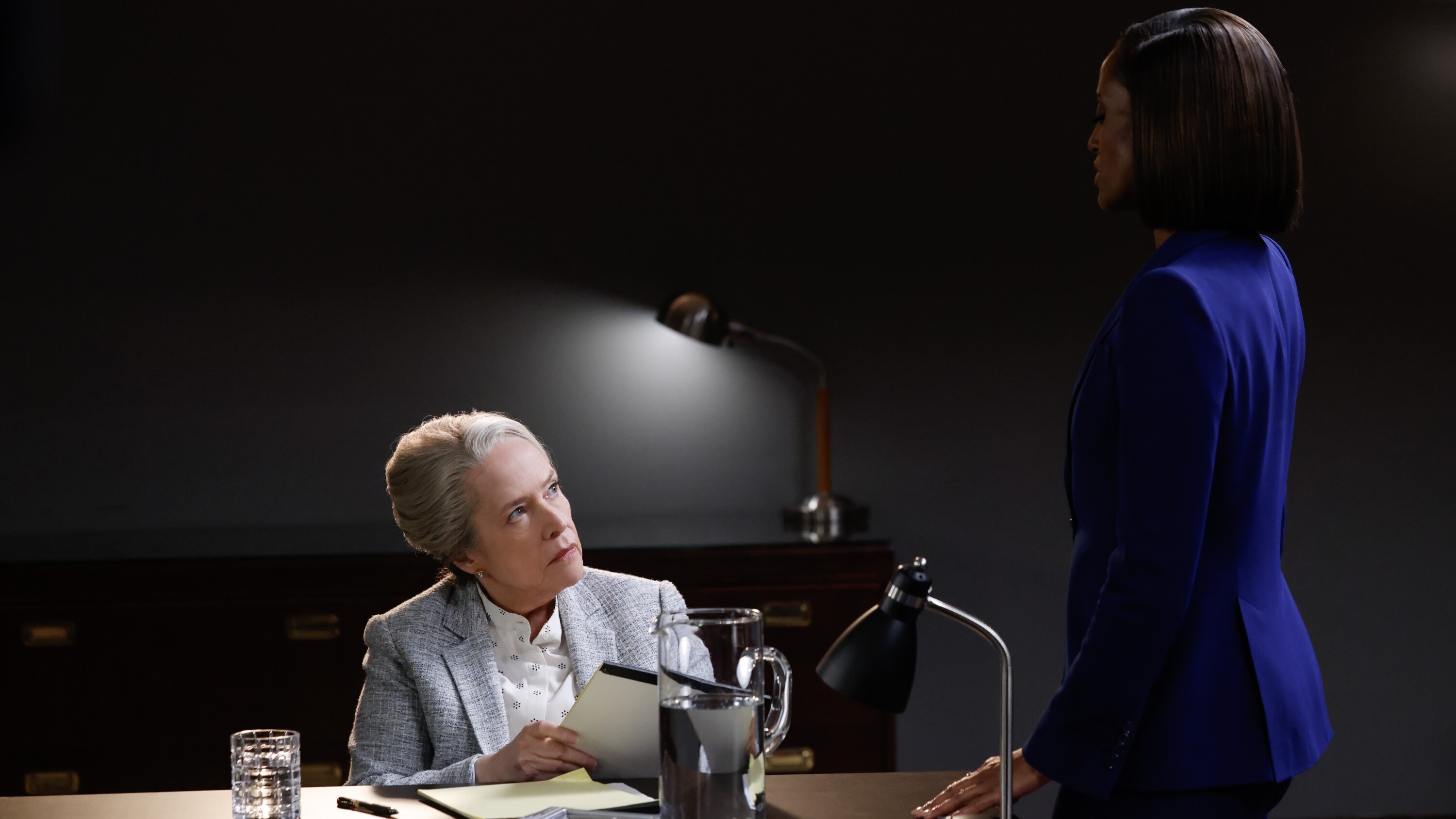How 'WandaVision' uses traditional sitcom tropes to tell a progressive story
Scarlet Witch and Vision finally get their chance to shine on the small screen.
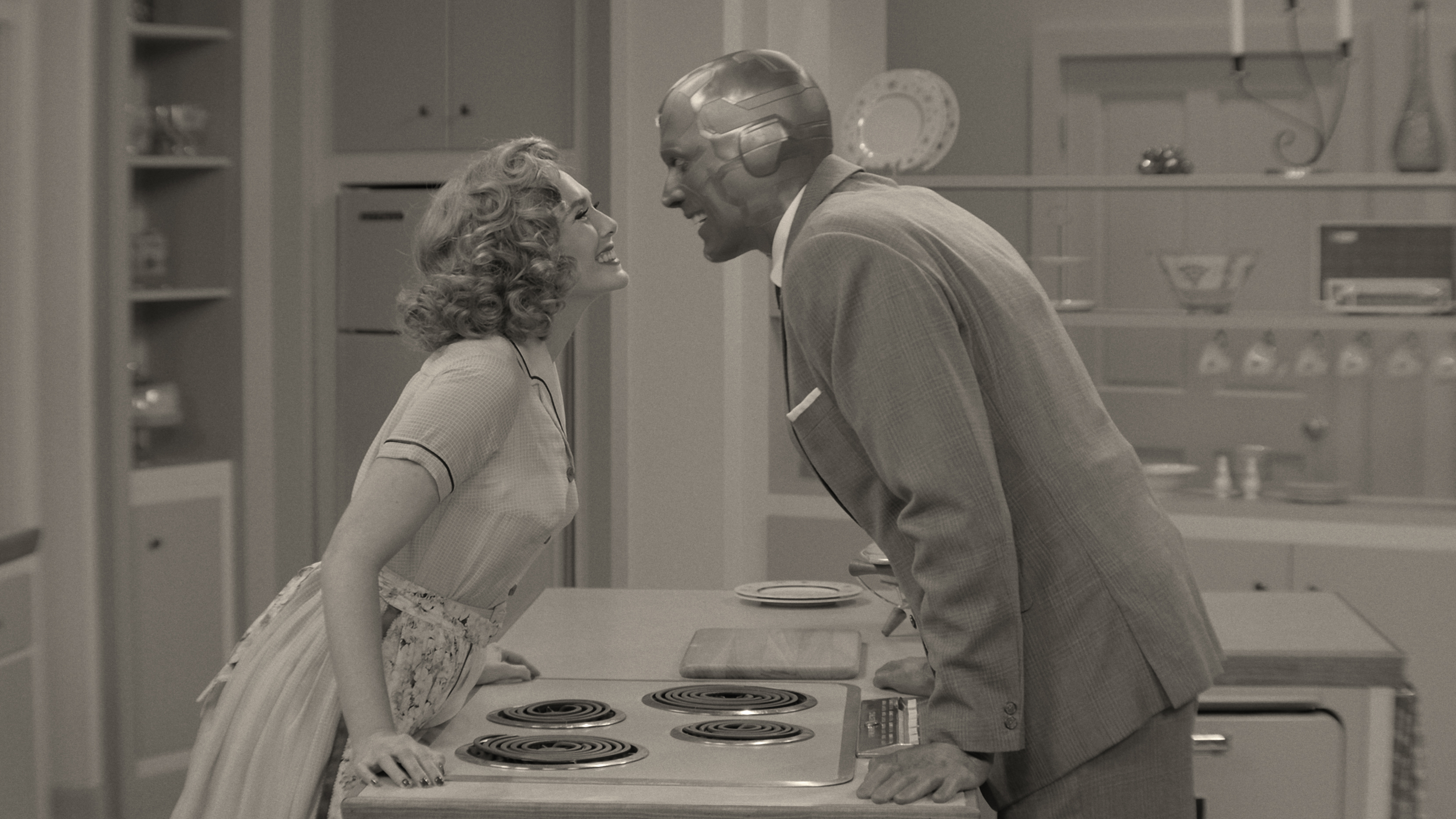
This post contains spoilers for WandaVision.
When the concept of WandaVision was first announced back in 2018, initial reactions were understandably mixed. With the end of Phase Three of the MCU in sight, Marvel (and by extension, Disney) had to start looking for new stories, new characters to breathe life into, and the news that its first streaming series launching on Disney+ would feature the Scarlet Witch (Elizabeth Olsen) and Vision (Paul Bettany) wasn’t met with a lot of enthusiasm. Even the show’s premise, once revealed, didn’t divulge much in the way of detail — but in the scope of the MCU, Scarlet Witch and Vision were also characters who, it could be argued, had never really gotten the narrative development they deserved. At least, not until now.
The main films of the MCU, even while they fleshed out their cast, created more conflict, included bigger stakes to emphasize the bombastic nature of their storytelling, were always limited in terms of which characters were given the most attention and screentime. Heroes like Tony Stark (Robert Downey Jr.), or Steve Rogers (Chris Evans), or Thor (Chris Hemsworth) arguably took center stage, not just in the solo movies they debuted in but also later in the ensemble-filled event films like Captain America: Civil War and Avengers: Infinity War. Wanda Maximoff and Vision, who were both originally introduced in Avengers: Age of Ultron, were among those whose story arcs often felt reduced to background moments, or scenes that served as interstitials to break up the bigger action set pieces. As such, the evolution of their dynamic — and eventually, their on-screen romance — felt equal parts accelerated and scattered. In only a matter of short interludes, Wanda and Vision went from being teammates to soulmates, but what made it all the more frustrating from a shipping standpoint was that their relationship was never given enough breathing room. Then again, such is the case when you’re an Avenger trying to have a successful love life.
MORE: Check out Disney+ on Apple TV
From the very first frame of WandaVision, though, it was clear that these two characters who frequently got lost in the shuffle in the big blockbuster format of the MCU films were going to have plenty of opportunity to shine in the smaller and much more intimate realm of television. Gone were the huge battles against epic enemies with world-saving implications; in the small, idyllic town of Westview, the only thing a newly-married Wanda and Vision need to concern themselves with is what that mysteriously-circled date on their calendar means. Of course, hijinks naturally ensue when Wanda, having mistaken it for a special anniversary of some kind, prepares a romantic evening for two — only to be confronted with Vision walking through the door with his boss, Mr. Hart (Fred Melamed), and Mrs. Hart (Debra Jo Rupp). With some fast thinking, a little magic, and last-minute help from an overly helpful neighbor named Agnes (Kathryn Hahn), Wanda is able to whip up a meal and keep the night from ending in complete disaster.
If it’s a story that sounds at all familiar, that’s because it definitely shares a lot in common with sitcom tropes of decades past. The Dick Van Dyke Show, I Love Lucy, Bewitched — the list goes on and on, but the one thing all these shows have in common is that they’re all lovingly homaged in WandaVision’s format. Wherever Wanda and Vision have ended up (“Westview” is obviously not the happy suburban town it’s cracked up to be, although where it is, exactly, remains to be seen), they’re living out their life together with all the trappings of these classic series. But it’s how the show reinterprets these tropes of domesticity and family life that is effectively giving its characters — namely, Wanda herself — more potential than the films ever did.
Throughout the course of the MCU, Wanda Maximoff’s abilities have always been the subject of debate. In Age of Ultron, her powers seemed mostly limited to the scope of telepathy — she is able to infiltrate the Avengers’ minds and amplify their nightmares — as well as telekinesis and energy projection, which she utilizes mostly in the final battle on Sokovia against Ultron. In many instances, it was often hinted that she was even stronger and more capable than she was given the opportunity to demonstrate, but nowhere was this more obvious than in the scene from Avengers: Endgame when she confronts Thanos (Josh Brolin) one-on-one, devastated in her grief after Vision’s death in the previous film. Against the Avengers’ most powerful enemy, she is shown to almost get the upper hand on him with her abilities, although Thanos resorts to using his ship’s weapons to distract her long enough to get away. The scene sparked a debate among fans after the movie’s release, with many arguing that the Scarlet Witch was at least one of, if not the most powerful Avenger. Yet it often seemed as though the films themselves were guilty of benching her until it became more narratively convenient to utilize her powers.
Get the What to Watch Newsletter
The latest updates, reviews and unmissable series to watch and more!
WandaVision not only alludes to the fact that Wanda may be more powerful than even the movies gave her leave to demonstrate, but in paying tribute to those classic TV sitcoms, it also gives her more agency than the source material it’s mimicking. Compared to shows like Bewitched, where Samantha Stephens’ husband Darrin often scolded and berated her for using her powers, WandaVision doesn’t fall prey to the same tired stereotypes. Wanda may be keeping her magic mostly secret from the rest of the town, but they’re never a source of conflict between her and Vision. She isn’t lectured by her husband for using magic as a shortcut or embracing her powers, and in many instances, it’s her abilities that save the situation in a quick pinch — like in Episode 2, where she covertly equips magic to save Vision’s “magic act” at a neighborhood talent show, and later removes the piece of gum that has accidentally mucked up the works in the synthezoid’s inner systems. But it’s the possibility of the setting that Wanda finds herself in — a fantasy world of her own making — that points to the most significant use of her powers that we’ve seen thus far in the MCU, and offers her a more progressive story overall.
Within the three episodes that have been released, Wanda and Vision’s main storyline might seem traditional on the surface — the newly-wedded couple, the unexpected surprise of expecting children, and the subsequent birth of not just one but two sons. In sitcoms of yore, these arcs are definitely often the conventional, heteronormative standard for their female characters; women are expected to become wives and mothers with little deviation from those roles. In this instance, for Wanda especially, there’s a tragic component involved when you consider the fact that she might be using her powers to not only create the suburbia of Westview and her own fantasy of domesticity but to purposefully sequester herself within it — and to deny anyone else the ability to shatter that reality for her. We’ve seen it several times since the beginning of the series, where Wanda has seemingly rewound time to prevent outsiders from sneaking in and, as of Episode 3, thrown out well-meaning neighbor “Geraldine” (Teyonah Parris as an undercover Monica Rambeau in disguise for some currently unknown purpose) past the town’s strange barrier.
Whatever the reason, whether her own grief or some unforeseen circumstance, right now Wanda is clinging hard to the happy, domestic life that she’s currently able to have, and her decision to be a wife and a mother because it’s what she wants deep down is something as equally empowering in her current narrative as the freedom she has to exercise the full brunt of her magical strength — because she's being afforded the storytime for all of it. Pair that with the evidence that, as of Infinity War, Vision is still very much not-alive, which points to his presence here being a mystery all on its own. Wanda’s fantasy may be a tenuous one, but it’s one of her own making, and while there are still many more clues that have yet to be fully revealed, it’s encouraging that WandaVision is finally doing this character the justice that she always deserved from the MCU since the beginning.
